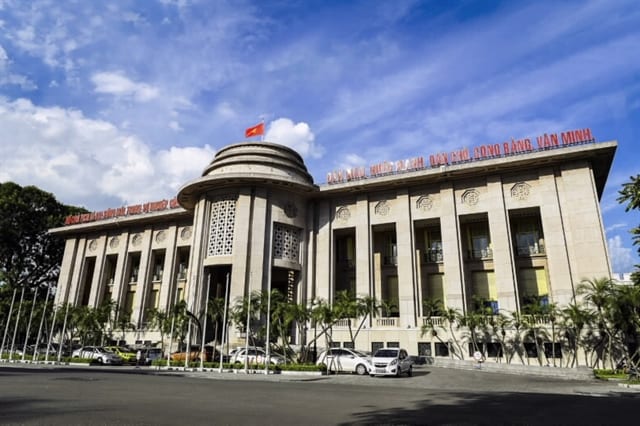
During the 6th Session on November 23, the National Assembly decided against the passage of the amended Law on Credit Institutions. Despite several approved contents compared to the draft presented at the 5th Session, the Assembly opted to allow relevant agencies to further research, absorb, and revise the submitted draft.
The revised Draft Law now comprises 15 chapters and 203 articles, an increase of 2 chapters and 8 articles. The amendments include 158 revised articles in comparison to the version presented at the 5th Session. The development of the draft aligns with the policy of restructuring the credit institutions system, refining monetary and banking institutions in line with market principles, and ensuring system safety, health, and stability. The focus is on enha
ncing transparency, competition, and adopting international best practices while incorporating new development trends.
The specific changes in the draft law encompass regulations addressing the manipulation and domination of credit institutions. These include adjustments to regulations on related persons to suit the type of PCF, altering the share ownership ratio for individual shareholders to 5%, and stipulating a roadmap to gradually reduce credit limits. The draft also emphasizes governance and management capabilities, limiting the abuse of major shareholders’ rights and enhancing transparency in operating activities.
Financial, accounting, and reporting aspects of credit institutions are addressed in the draft law, including concepts of charter capital, revenue recognition principles, and regulations on increasing charter capital for state-owned commercial banks. Early intervention measures have been revised, giving the Prime Minister authority over special loans to controlled credit institutions in specific cases.
Risk provision regulations have been restructured, now being regulated by the Government instead of the Governor of the State Bank. The draft law also introduces changes to various areas such as letters of credit, license granting authority, standards for managers and executives, information disclosure, and the operations of non-bank credit institutions.
A new chapter on Policy Bank with 11 articles has been added. The National Assembly proposes the development of a separate Law on public banks to create a clear legal basis for their operation.
Recognizing the complexity and sensitivity of this law project, the National Assembly deems it crucial for national financial security and the safety of the credit institutions system. They emphasize the need for meticulous research on a scientific and practical basis to ensure the law’s quality and avoid inadequacies that could impact the banking system and socio-economic activities. Consequently, the Assembly has decided not to pass the Draft Law during the 6th Session, intending to consider and pass it at the next session, allowing ample time for thorough study and review by relevant agencies.
Related
Source: Vietnam Insider
